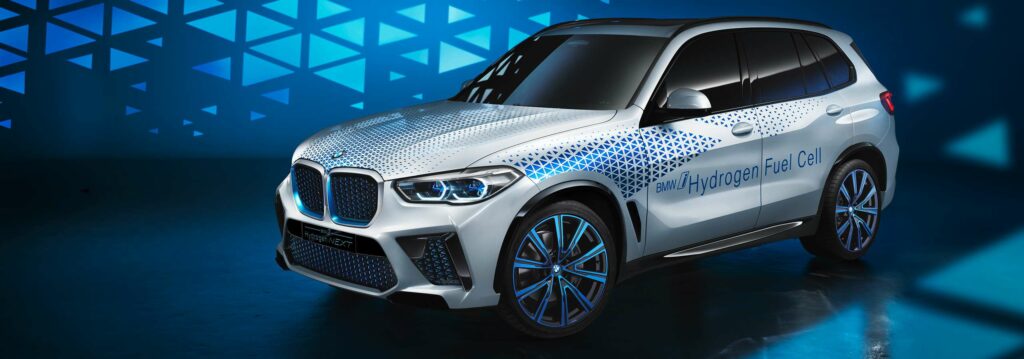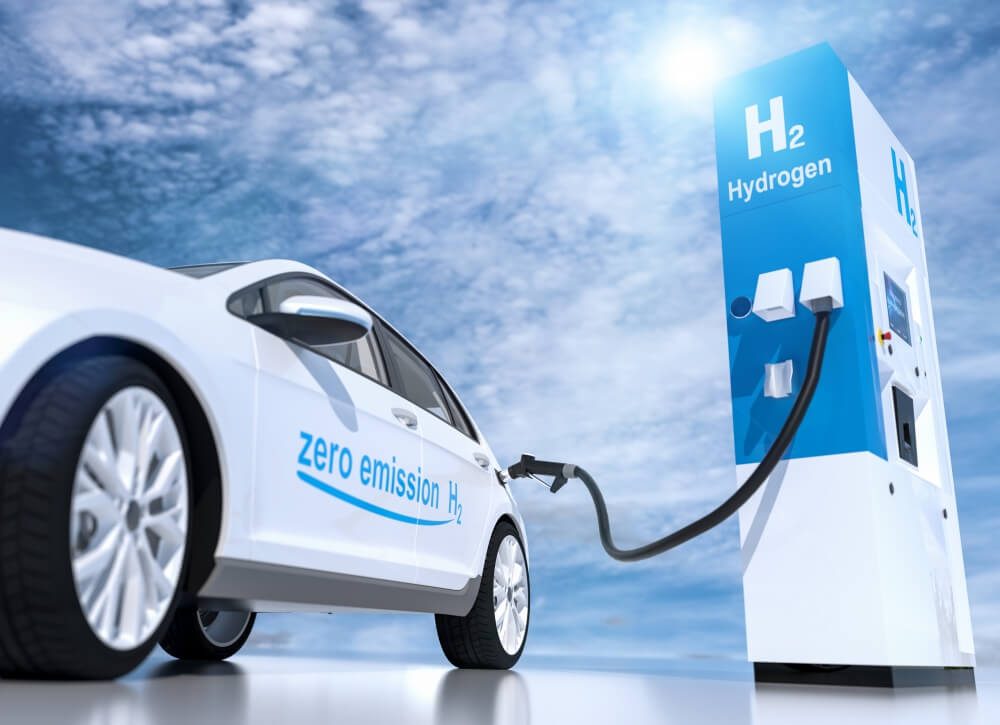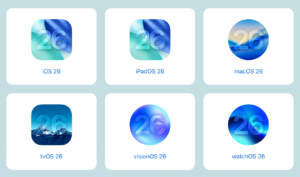With just three Hydrogen refuelling station in the UK, convincing motorists to purchase a Hydrogen powered car was always going to be tough.
Now it seems that Shell has seen the light and pulled the plug on all its hydrogen car refuelling stations in Britain after the low-carbon technology failed to catch on with motorists. Who can blame them.
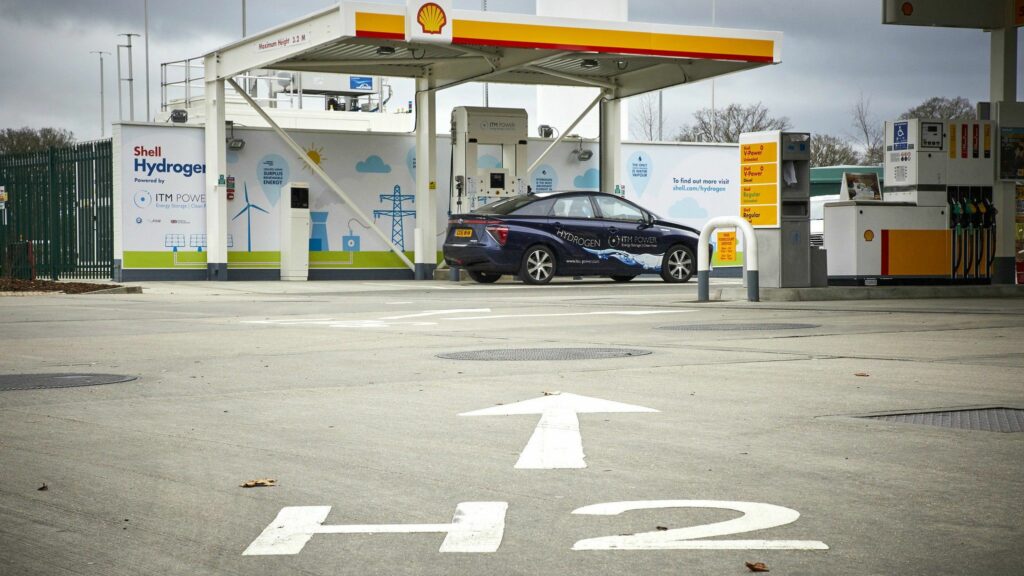
Shell confirmed that the hydrogen facilities at its Cobham, Gatwick and Beaconsfield service stations had closed.
The sites were opened to much fanfare between 2017 and 2019 and were owned and operated by a subsidiary of ITM Power, the Aim-quoted electrolyser company.
Shell had planned to expand throughout Britain, saying in early 2020 that it was working to open three more sites by the end of 2021. These sites never materialised as hydrogen fuel cell cars failed to appeal to the public.
Hydrogen-powered cars use hydrogen fuel cells to make electricity, emitting only water. Proponents claim they are quicker to refuel and offer longer range than battery electric vehicles and can be low-carbon so long as the hydrogen is produced cleanly. A big if. See post on Why Hydrogen is not the answer.
There are only a few hundred hydrogen powered passenger vehicles on British roads. A mere dozen hydrogen fuel cell cars were sold last year and just seven so far this year, according to the Society of Motor Manufacturers and Traders.
By contrast, more than a million plug-in electric vehicles have been sold in Britain, with almost 250,000 joining the roads this year, as the technology cements its status as the leading low-carbon transport option ahead of a ban on the sale of new conventional petrol and diesel cars in 2030.
The closure of the Shell sites means there are now only 11 hydrogen refuelling stations open in Britain, according to Hydrogen Insight, the specialist publication supported by the Hydrogen industry. There are more than 57,000 electric vehicle charging points at about 20,000 locations around Britain, according to data from Zap-Map. Shell alone aims to have installed 100,000 public electric vehicle charging points in Britain by 2030, including 11,000 rapid chargers at sites including its service stations.
Main Hydrogen advocates
Toyota
There are only a few manufactures who launched Hydrogen cars and an even small number who are still pushing this crazy idea.
Number 1 has been Toyota with an insane love of Hydrogen and a similar dictate for Battery Power, even after the highly successful Toyota Prius. Today they offer the Mira.
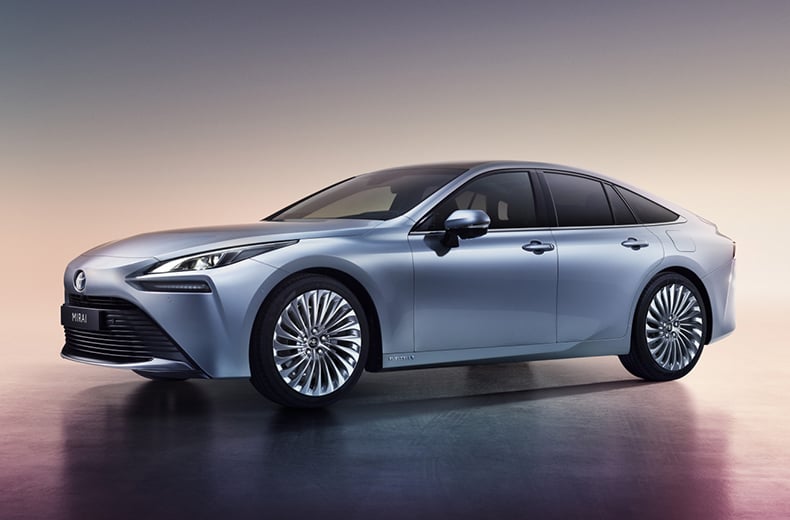
Hyundai
The Nexo is the first hydrogen-dedicated model from Hyundai and succeeds the Hyundai ix35 FCEV.
A range of 414 miles comes at the hefty price of £65,595 before the government’s ultra-low emission grant.
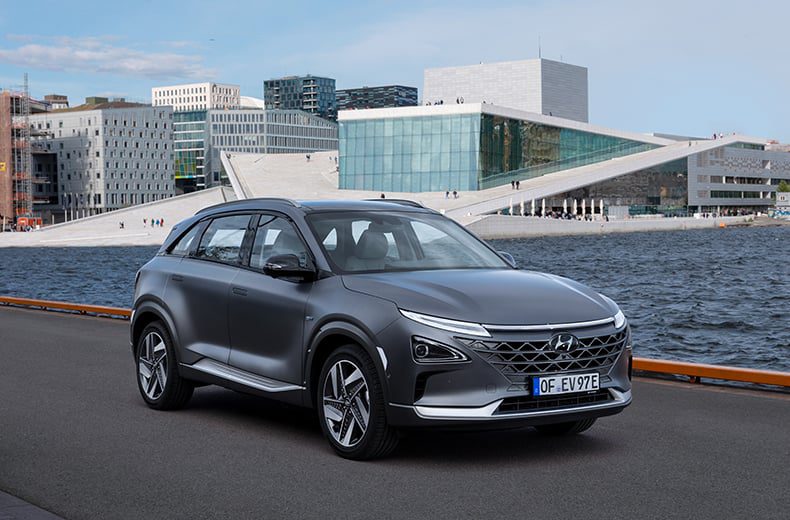
BMW and Mercedes played with Hydrogen and no longer offer any products.
BMW
From 2019 and now mostly forgotten. With the unveiling of the BMW i Hydrogen NEXT at the 2019 Frankfurt Motor Show (IAA), the BMW Group is demonstrating its ability to complement its electrified vehicle portfolio with the deployment of hydrogen-powered fuel cell technology.
The future BMW i Hydrogen NEXT fuel cell electric vehicle is scheduled to be unveiled in 2022, equipped with a state-of-the-art hydrogen-based powertrain. As part of its long-term commitment to fuel cell technology, BMW Group will launch the second generation of its hydrogen-based powertrain in 2022 on a small series of the BMW i Hydrogen NEXT based on the current X5 generation.
